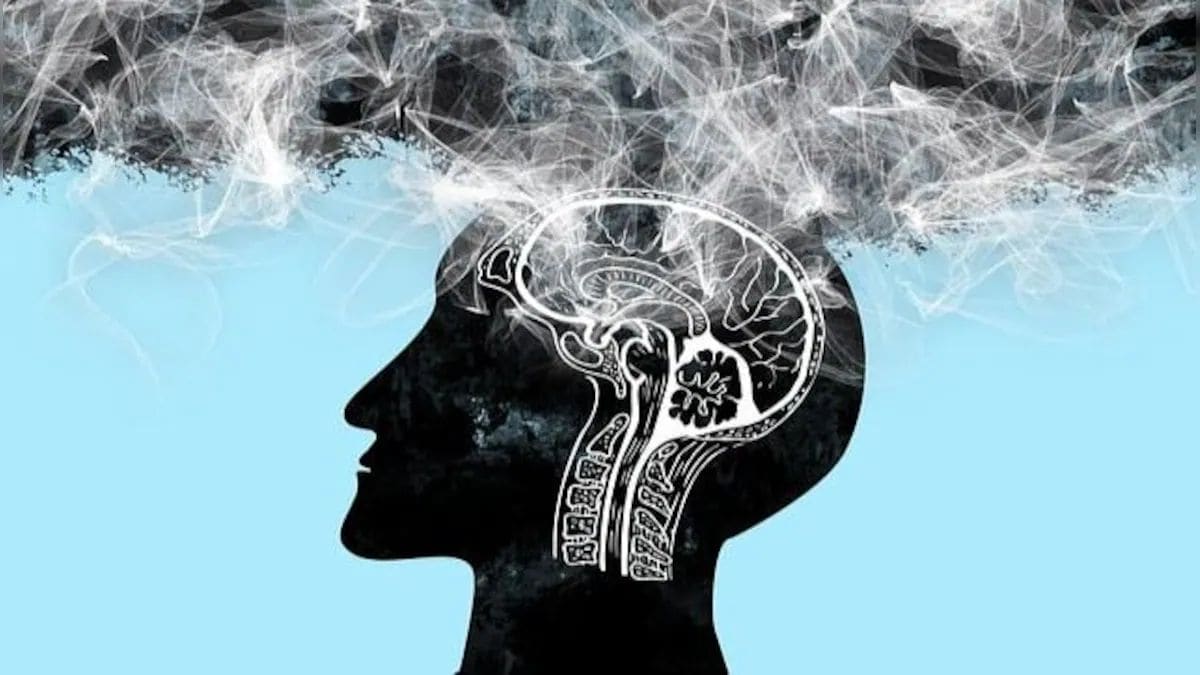THE Health Service Executive has issued to the public over a "painful condition" caused by a bad reaction to gluten. Coeliac disease is a common digestive condition that affects around one in every 100 people in Ireland. Taking to X (formerly Twitter), they said : "Coeliac disease is a common digestive condition, due to a bad reaction to gluten.
"It is where the small intestine becomes inflamed and can't absorb nutrients. "It can cause a range of symptoms including diarrhoea, abdominal pain and bloating." The condition is triggered by a bad reaction to gluten, causing the small intestine to become inflamed and unable to absorb nutrients.

Gluten is a dietary protein that's found in grains such as wheat, rye and barley. It's often used in foods like cereal, bread, pasta, cakes and most beers. Coeliac disease is an autoimmune condition that mistakenly attacks the substances that are found in gluten as a threat to the body.
This damages the intestines and affects the body's ability to absorb nutrients from food. It can develop at any age, although symptoms are most likely to develop during early childhood (between 8 and 12 months old) and later adulthood (between 40 and 60 years of age). People with certain conditions have an increased risk of getting the condition; these include people with type 1 diabetes , autoimmune thyroid disease, Down's syndrome and Turner syndrome.
And people are also likely to develop the condition if their parents or siblings have it. Digesting foods that contain gluten can trigger a range of gut-related symptoms, such as: Coeliac disease can also cause other symptoms, including: Children diagnosed with coeliac disease may not grow at the expected rate, this may have delayed puberty. In rare cases, continuing to consume gluten can have serious long-term effects .
This includes the weakening of the vines, iron deficiency anaemia, affecting pregnancy, bowel cancer, vitamin B12 and folate deficiency anaemia. Routine testing for coeliac disease is not available in Ireland as the testing is only recommended for people who are at risk of developing it, such as having a family history of the condition. However, adults and children should be tested if they are experiencing the symptoms listed above.
The testing would be done by blood tests and a biopsy to confirm the diagnosis. People will be required to eat foods containing gluten at the time of the test to ensure it's accurate. Do not start a gluten-free diet until the diagnosis is confirmed.
There is no cure for coeliac disease, but switching to a gluten-free diet should help reduce the symptoms and prevent the long-term effects of the condition. It's important to ensure that your gluten-free diet is healthy and balanced. More gluten-free foods are now available in local supermarkets and menus.
This has made it possible to eat both a healthy and varied gluten-free diet..

















